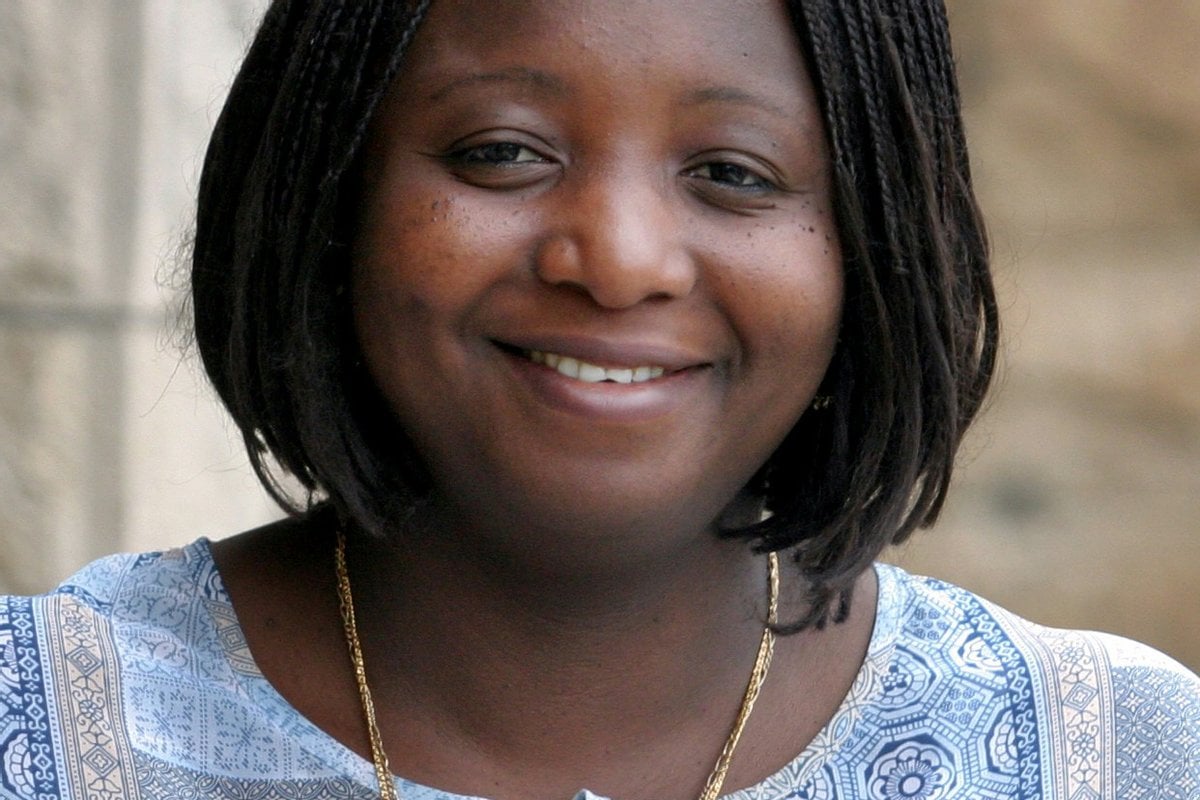
Content warning: This story mentions sexual assault and could be triggering for some readers.
I’ve been a warrior for women’s rights since I can remember. At just 12 years old, they arrested me for wearing trousers instead of a skirt in the dictatorship of Zaire, which is now known as the Democratic Republic of Congo (DRC). I remember thinking, this just isn’t right.
After high school, there was no choice for me but to get married. I was lucky that my husband cares about gender equality, so he supported me through further studies, and I later joined him at a human rights organisation.
Watch: Belgian monarchs reiterate the need to protect human rights in the Democratic Republic of Congo. Story continues after video.
But in 1990, I returned from the markets one day to find a police car outside of my home. They had arrested my husband for his human rights work. I had no choice but to flee.
Moments later I was fleeing with my two young daughters, and we started the 120km trip on foot to safety in Zambia, with none of our documentation. It was hard enough making the trip with a four-and six-year-old, but I was also pregnant at the time.

Top Comments